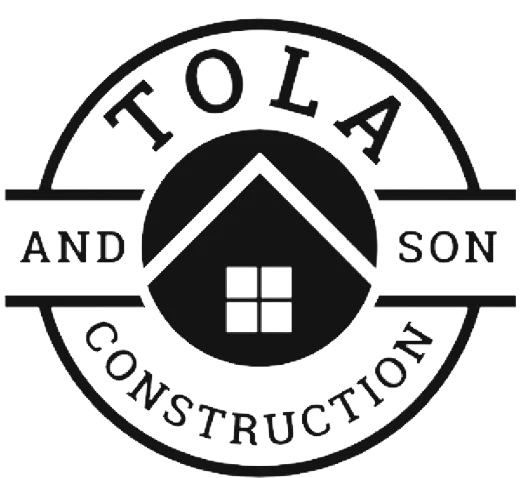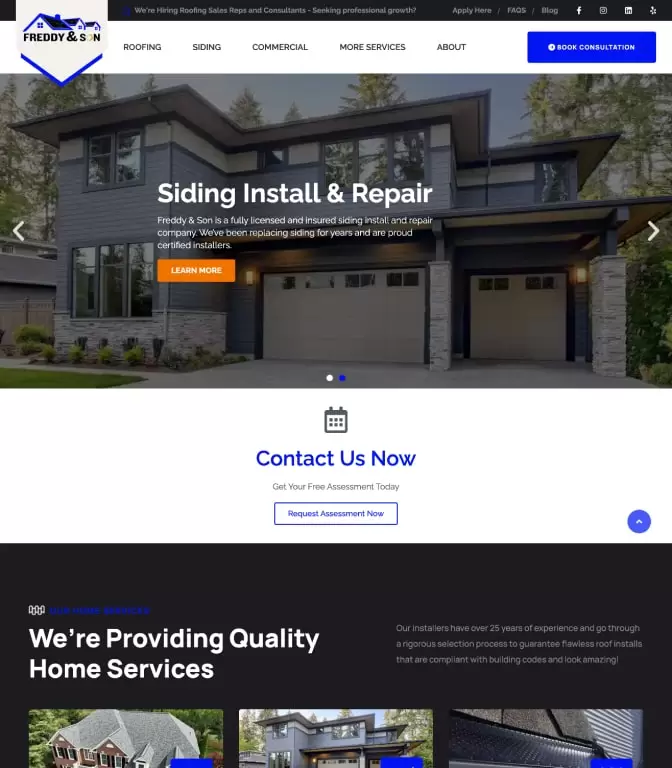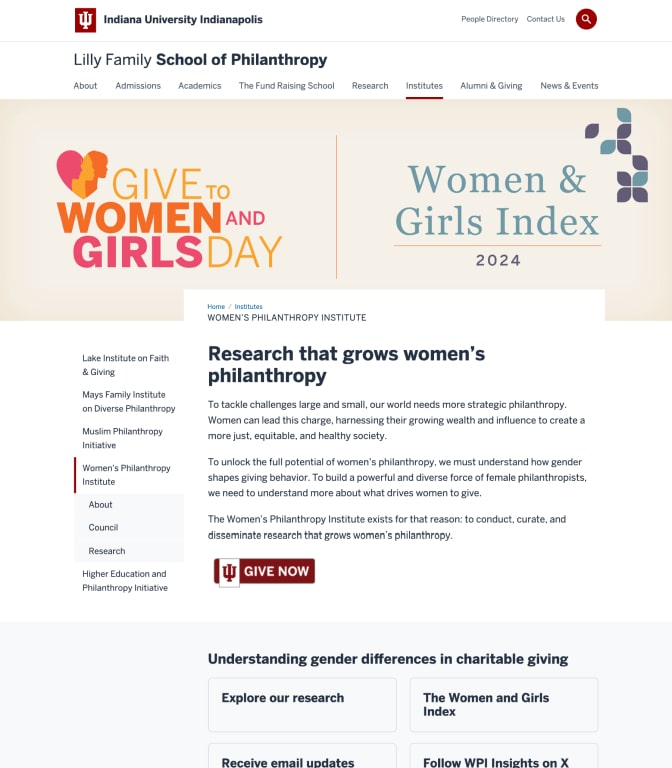In 2019, it’s more important than ever to build links to your site. Competition is fierce for Google rankings, and by not building links you could be missing out on potential business opportunities. If you’re not familiar with this term, here’s a quick rundown: link building is essentially the process by which you get other websites to link to you. This could be in the form of natural embeds in content (which are desirable) or naked links (which rank a little lower), or any other linking content including images and other interactive items.
So why is link building so important? In a nutshell, if you don’t have other websites linking to you then nobody will know your site exists. You might have a client base, but if there are organic links on other sites which link back to you, then more people will discover your business and you’ll rake in more views and traffic. Link building is crucial for raising your profile and establishing a presence for yourself on the web. Here are our tips for successfully building links to your site.
Utilise content marketing
Although many companies still use traditional advertising to reach certain demographics, by far the more effective method in today’s world is content marketing. Content marketing emphasises the quality of the content rather than the product it’s trying to sell, and naturally embeds links to relevant products inside the content. There are great companies around like this link building service that will reach out to various outlets for you and connect you with content creators, or you could choose to chase down these individuals for yourself – either way, content marketing is crucial for building links. If you create organic, engaging content then people will want to link to it.
Reach out to content creators
One of the most overlooked methods for building links to your site is simply to ask for them. If you know people close to you, either friends or colleagues, who are content creators or who can put you in touch with them then why not ask for backlinks? Make sure the content you’re embedding your link in is good-quality, and ask the creator for organic links, not arbitrary promotional links at the end or start of the piece. If your link is embedded naturally, then people will want to click it without feeling like they’re being sold to. It’s crucial to make sure the content that links to you is relevant to your industry or niche, though, because otherwise you won’t build success this way.
Make a name for yourself
Whatever niche you happen to be a part of, it’s important to be known and respected within that community. Let’s say you’re looking to start a law practice. You won’t be able to build a name for yourself if you don’t get yourself active and involved in that community. Talk to your peers and fellow lawyers about their work and cases, get involved in discussions and debates and if your opinions and thought processes are relevant and desirable then you should be able to start building links naturally through conversation. One of the best ways to build links is not just to ask for them, but to make your clients and content creators actively want to link to you.
Guest write for another blog
If you’re a good writer and can generate relevant and compelling content yourself, then it’s a good idea to guest-write for another blog within your field. Doing so not only establishes you as a solid writer and makes people more likely to avail you of your services in the future, it’s also an excellent relationship-building tool. Reaching out to other content creators and asking to guest on their platforms creates a rapport between you and ensures that they’ll come to you for any future work they might have in terms of guest writing. Again, make sure the content is relevant and that any backlinks you earn as a writer for that platform are related to the content itself.
Bring back links from the dead
If your website has been running for a while and you’ve renovated a few times, it’s entirely possible that you’ll have backlinks that have died. If that’s the case, it’s time to revive them. There are plenty of tools available online to help you crawl for dead backlinks, and reviving them will raise your website’s traffic significantly. You can use 301 redirects if the page that’s being linked to has no direct equivalent any more on your site, but make sure that the redirect leads to a page that’s related to the content which was previously being linked to or else the link will be nonsensical.
These are just a few tips to help you build links for your site in 2019. Did we miss anything? Do you have any suggestions? Let us know!




















